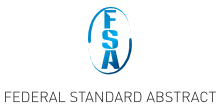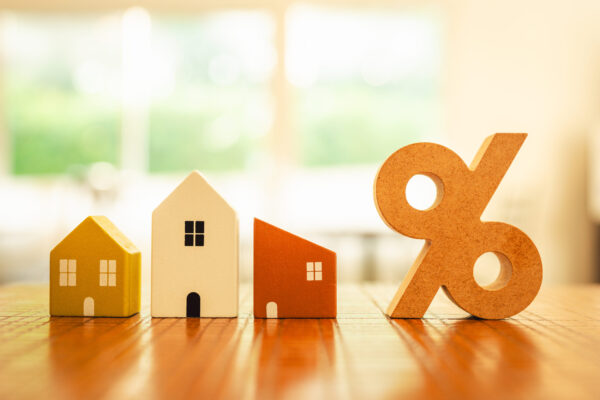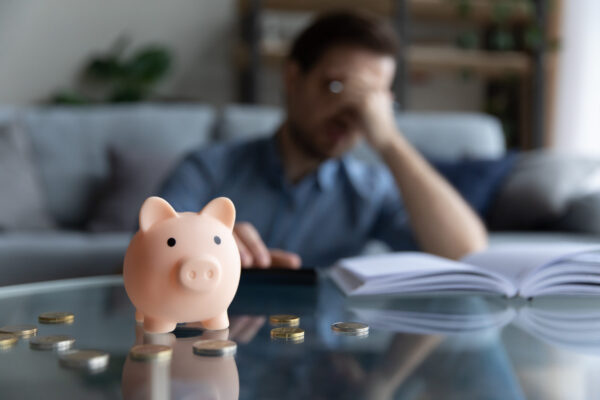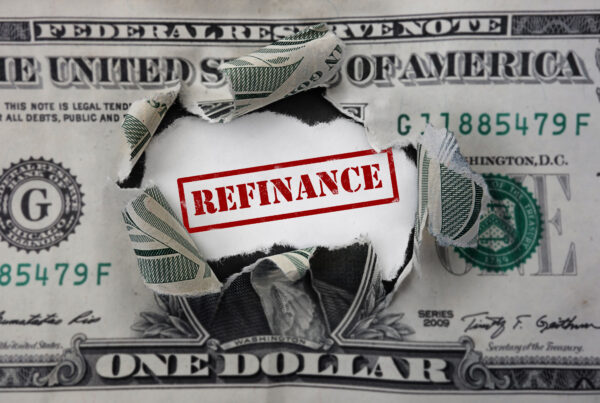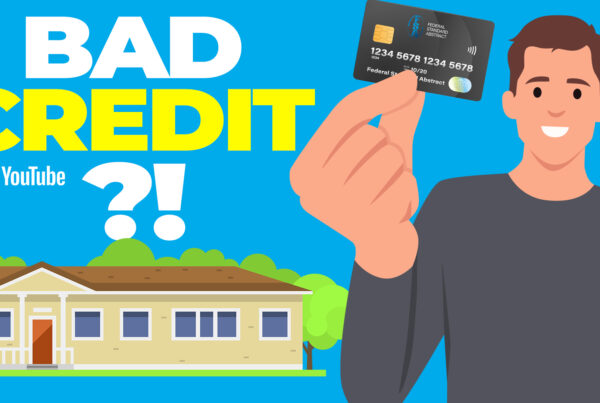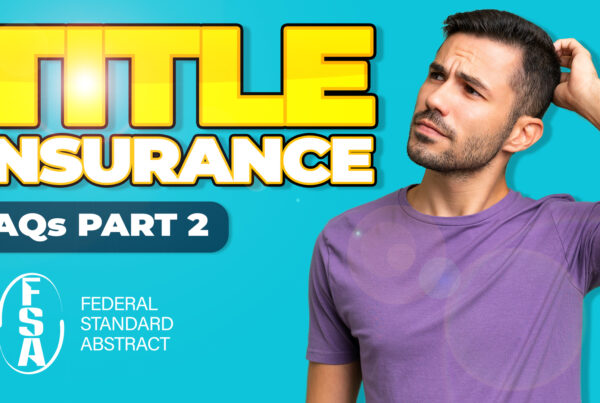If you own a home in New York City, there’s more to your financial obligations than just mortgage payments and homeowner insurance – you must also allocate funds for property tax. In this blog, we will discuss what property tax is, how they are billed and how a title company can offer support during the process of purchasing a property. These taxes may be included in your mortgage payment.
What is property tax?
In New York State, the property tax is a local tax, raised and spent locally to finance local governments and public schools. While the State itself does not collect or receive any direct benefit from the property tax, this tax is still of major importance as the largest single revenue source for the support of municipal and school district services.
Counties, cities, towns, villages, school districts, and special districts use property taxes to fund:
- schools
- police and fire protection
- road maintenance
- many other municipal services
When do I have to pay my property taxes?
When it comes to property ownership in New York City, paying property taxes is a crucial responsibility. It is important to note that property taxes are determined based on the assessed value of the property, which is determined by the City’s Department of Finance. The frequency of property tax payments can vary depending on the location of the property, with some areas requiring quarterly payments while others require semi-annual payments. It is important to inquire about the payment schedule during the closing process to avoid any confusion or missed payments.
The 5 boroughs in question are the five boroughs of New York City, which are Manhattan, Brooklyn, Queens, the Bronx, and Staten Island. If you owe taxes in any of these boroughs and are required to pay them quarterly, then your due dates will be January 1st, April 1st, July 1st, and October 1st. However, if you are required to make semi-annual payments, the due dates will be January 1st and July 1st. It’s important to be aware of these deadlines to avoid any late payment penalties.
If you owe taxes outside of the 5 boroughs, the due dates will depend on the type of tax you owe. For school tax, the due dates may be October 1st and April 1st. This tax is typically used to fund local public schools and may be collected by the county, town, or school district. If you owe town tax, then the due dates may be January 1st and July 1st. This tax is typically used to fund local government services and may be collected by the town or municipality.
How are property taxes calculated?
According to New York’s Department of Finance, property taxes are based on your property’s taxable assessment and local tax rates. A tax assessment will follow these four steps:
A. Determining your property’s market value
The Department of Finance assesses your property’s market value using statistical data such as recent selling prices of similar properties in your neighborhood.
B. Determining the assessed value
Your property’s assessed value is a percentage of its market value that will be used to determine property taxes. In New York City, properties are categorized into four classes, and each class has its own valuation and assessment under the law.
Property Tax Rates for Tax Year 2023
| Class 1 (1, 2, 3-Family Homes) | 20.309% |
| Class 2 (Condos, Co-ops, & Residential Property with 4+ units) | 12.267% |
| Class 3 (Utility Company Equipment & Special Franchise Property) | 12.755% |
| Class 4 (All Other Real Property) | 10.646% |
For more details, please refer to: https://www.nyc.gov/site/finance/taxes/property-tax-rates.page
C. Applying exemptions
Currently, the City of New York offers tax breaks to seniors, veterans, clergy members, people with disabilities, and others. If you are eligible for such exemptions, your property tax will be reduced after it has been calculated.
D. Calculating the annual property tax bill
The property tax amount you owe is determined by multiplying your property’s taxable value by the city’s tax rate. This percentage is established annually by the city council. If your property qualifies for a tax abatement, this amount will be deducted from your bill, lowering the total you need to pay.
What happens if I don’t pay my property taxes?
It is worth noting that failing to pay property taxes can have serious consequences. Unpaid taxes can result in liens or judgments against the property, which can eventually lead to foreclosure and loss of ownership. Therefore, it is crucial to prioritize the timely payment of property taxes to avoid any potential legal issues.
To ensure that property taxes are paid in full and on time, title companies often perform a thorough check for any outstanding tax obligations during the closing process. They can provide valuable guidance on the payment process and help ensure that the real estate tax obligations are met.
To avoid facing judgments and liens, it is crucial to keep track of the relevant due dates. These deadlines may vary based on your location and the type of tax you owe. It is advisable to verify with your local tax authority or seek guidance from a tax expert to confirm that you have knowledge of all pertinent tax deadlines and obligations. In summary, property taxes are an important aspect of property ownership in NYC that should not be overlooked. It’s important to note when you are done paying off your mortgage, you must still pay your property taxes.
Hopefully, by now, you should have gained a clearer understanding of property taxes and the consequences of failing to pay them.
If you have any questions or concerns about real estate, don’t hesitate to contact us at Federal Standard Abstract today.
